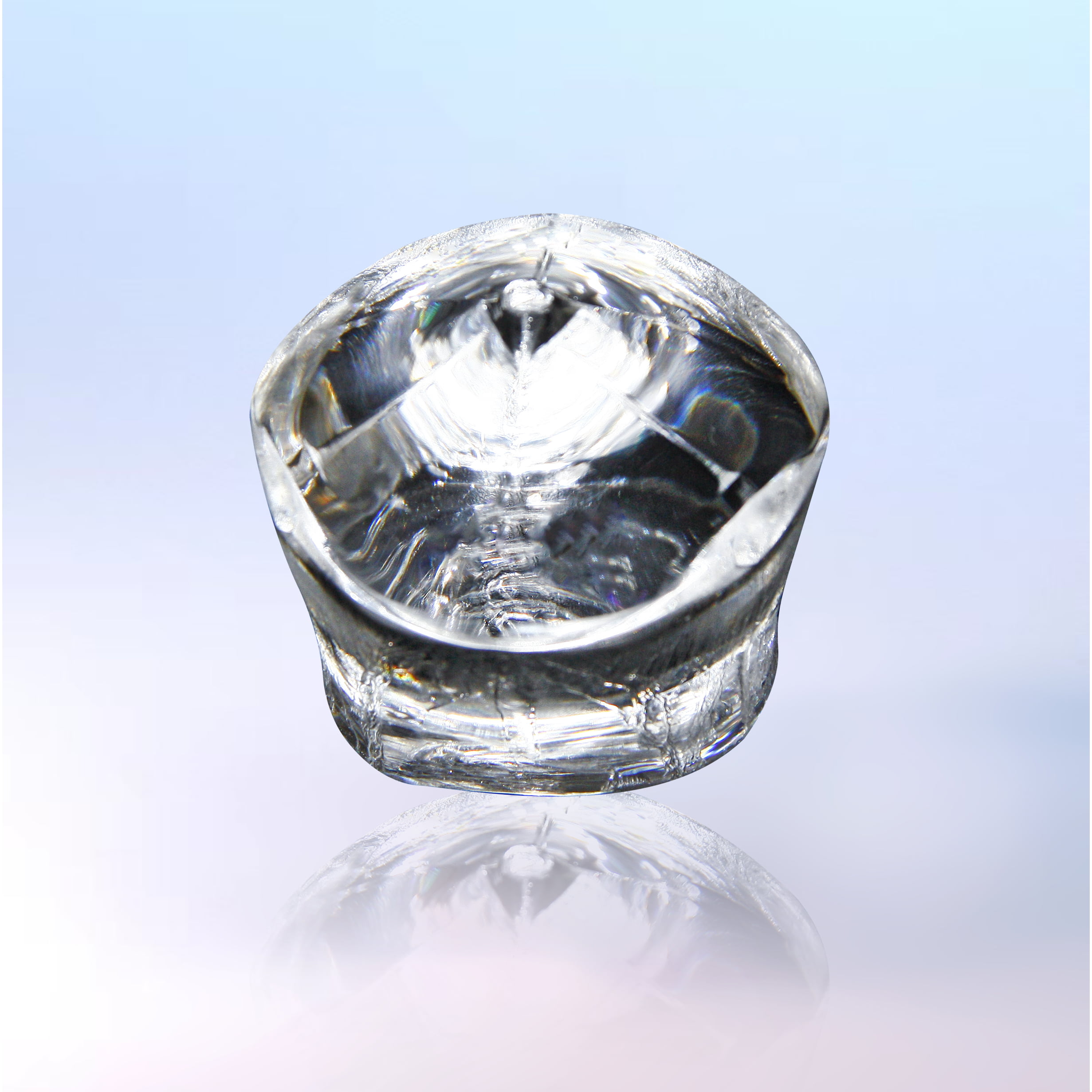

Introduction:
Barium Borate (BBO) crystals are
birefringent materials widely used in numerous sectors of optics, including
lasers and nonlinear optics. Their unique properties allow them to alter the
polarization state of light. Two phases of BBO exist: Alpha-Barium Borate
(α-BBO) and Beta-Barium Borate (β-BBO). Although derived from the same
compound, these two forms exhibit distinct properties that set them apart.


Structural Differences:
The primary difference between α-BBO and
β-BBO lies in their crystal structure. α-BBO has a monoclinic crystal system,
which means it has one unique crystal axis differing from the other two. On the
other hand, β-BBO belongs to the trigonal crystal system, characterized by a
threefold symmetry axis.
Thermal Stability:
The thermal stability of these two crystals
differs significantly. α-BBO exhibits higher thermal stability compared to
β-BBO. β-BBO undergoes a phase transition to α-BBO when heated to approximately
925 degrees Celsius, leading to a reduction in its nonlinear optical
properties.
Optical Properties:
α-BBO crystals do not display nonlinear
optical properties, so their applications are mainly in polarization optics,
such as polarizers, depolarizers, and phase retarders. They are often employed
in scenarios requiring high-power laser operations, like Q-switching in lasers,
thanks to their high damage threshold.
Conversely, β-BBO does exhibit nonlinear
optical properties, making it a sought-after material for nonlinear optics
applications. In terms of optical applications, β-BBO boasts a broader
transparency range, from the ultraviolet (UV) to the far infrared (FIR), and a
higher nonlinear optical coefficient. Therefore, it is preferred for applications
in frequency conversion, such as second-harmonic generation (SHG),
third-harmonic generation (THG), optical parametric oscillators (OPOs), and
other nonlinear optical processes.
Conclusion:
In conclusion, while both α-BBO and β-BBO
crystals have their unique strengths, their selection depends primarily on
specific application requirements. β-BBO is the crystal of choice for a wide
array of nonlinear optical applications due to its expansive transparency range
and higher nonlinear optical coefficient. On the other hand, α-BBO is
preferable in situations requiring high thermal stability and high-power laser
operation, attributable to its high damage threshold and birefringence
properties. As the field of optics continues to progress, both α-BBO and β-BBO
crystals will remain instrumental in shaping our technological future."